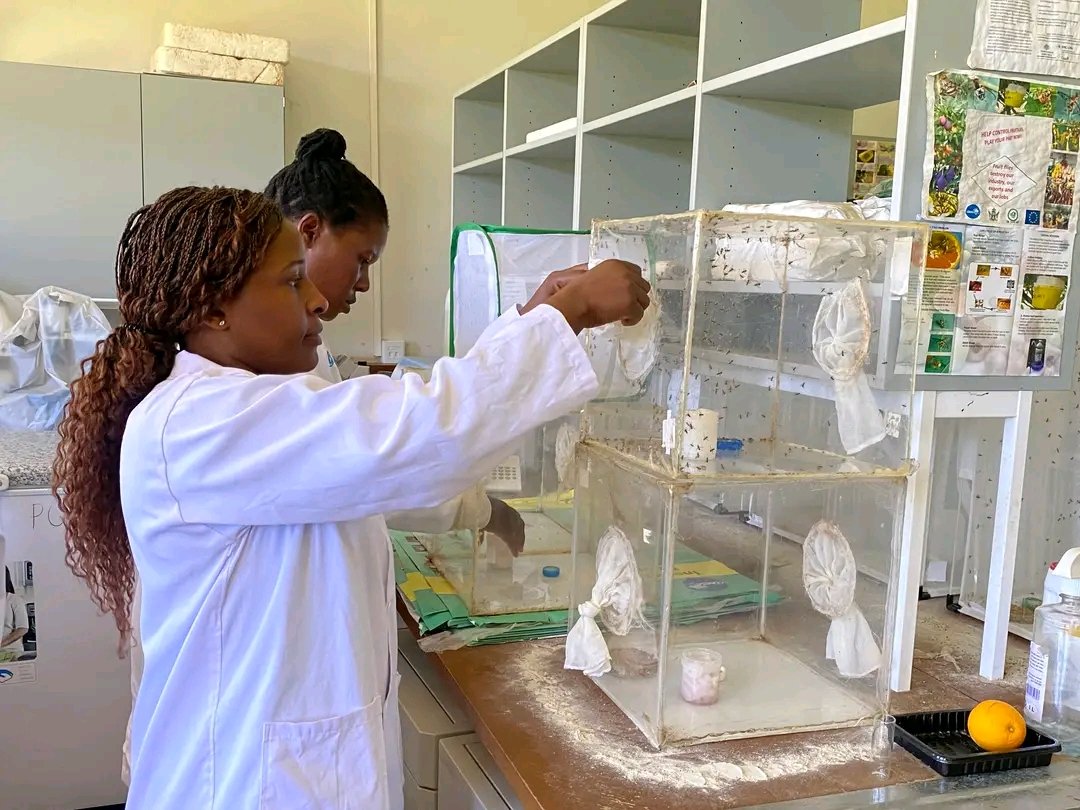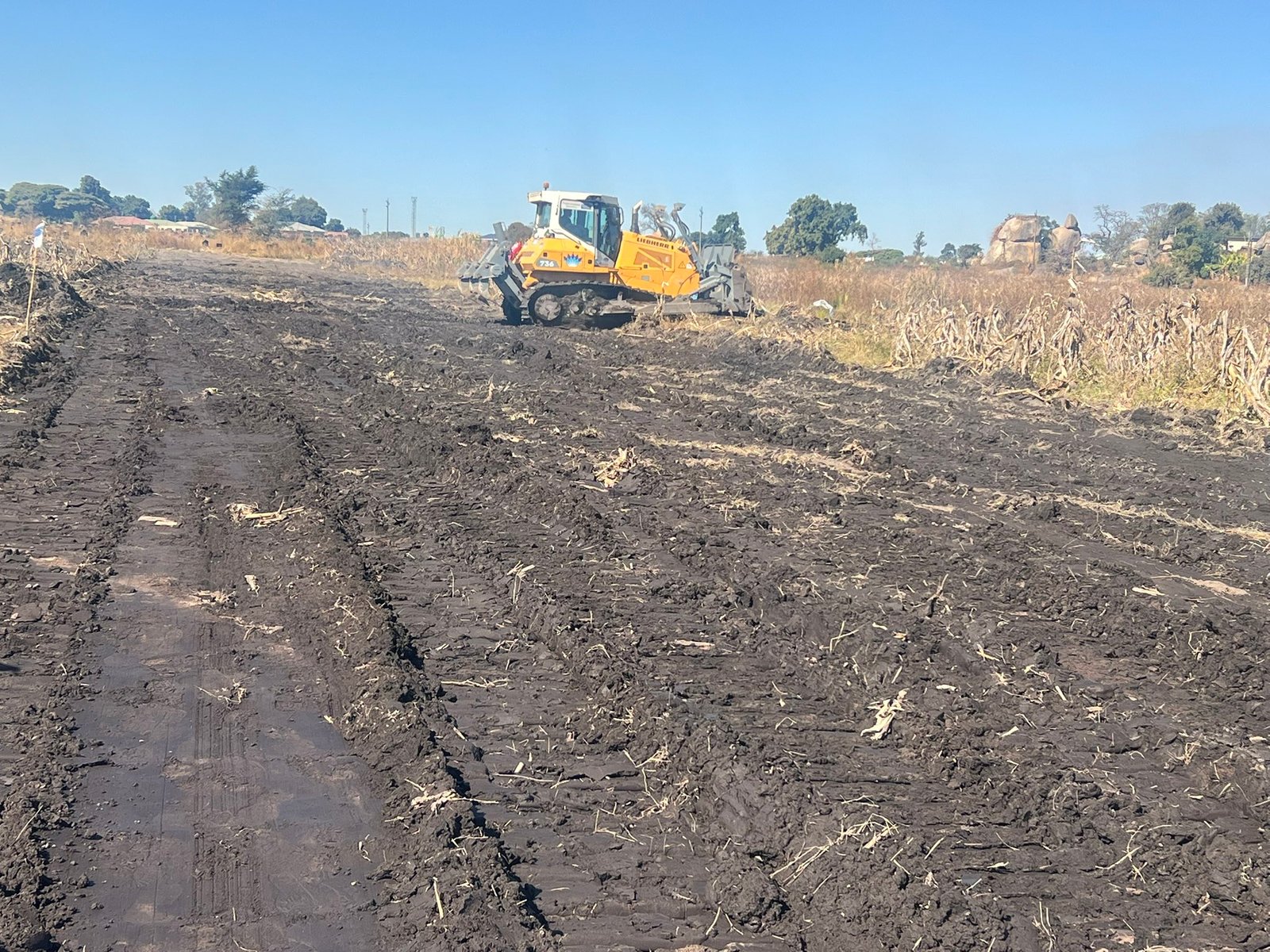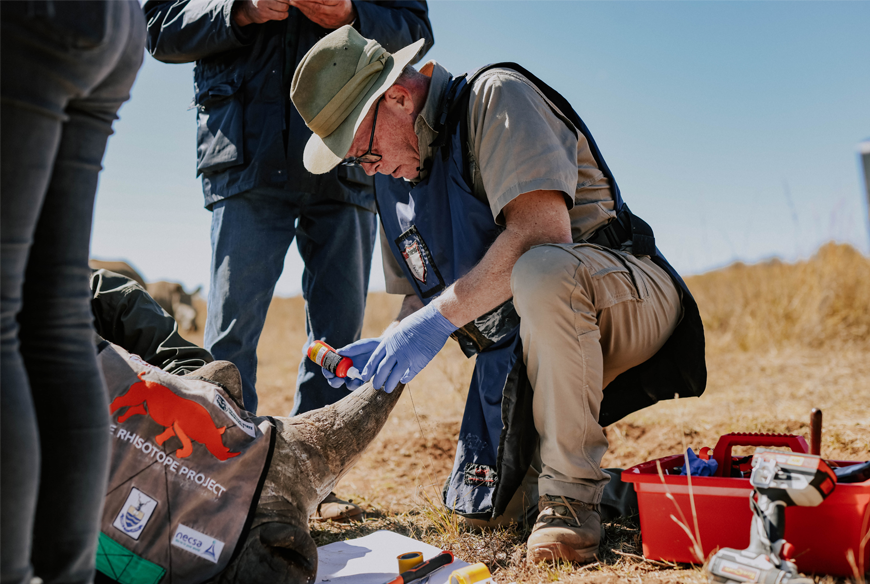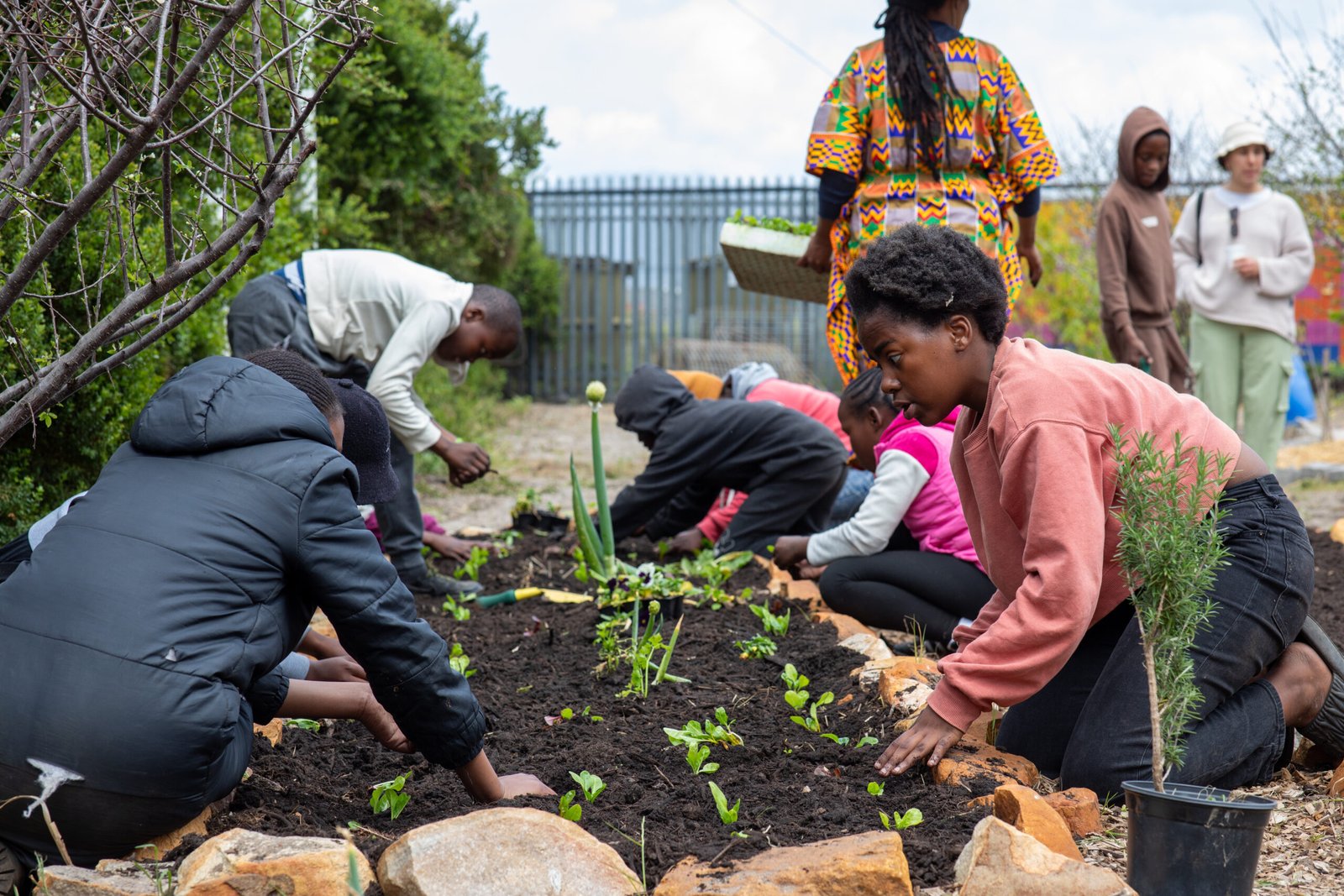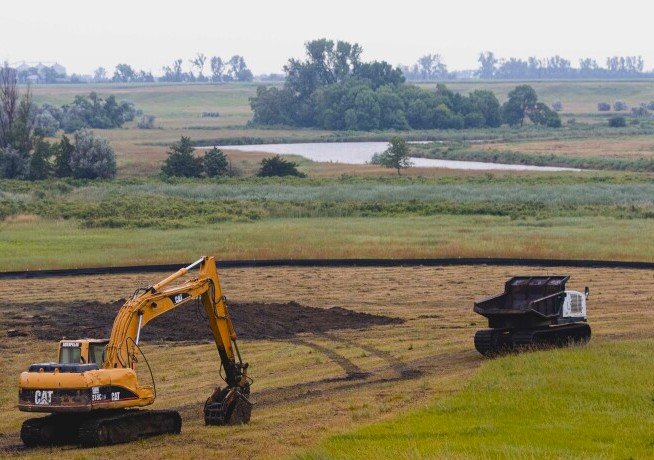Zimbabwe’s Plant Quarantine Services Institute (PQSI) is intensifying its surveillance and response efforts against emerging plant pests and diseases, as climate change and global trade intensify risks to plant health.
The institute, operating under Zimbabwe’s Agricultural Research Directorate, employs a network of 40 substations to monitor borders, airports, and farms. Key strategies include surveillance, diagnostics, and enforcing phytosanitary standards for imports and exports.
Louisa Makumbe, head of the PQSI under the Agricultural Research, Innovation and Specialist Services Directorate, said climate change is accelerating the spread of new and invasive plant pests in Zimbabwe, forcing the country to constantly monitor, detect, and contain emerging threats to protect agriculture and food security.
“As a country we are constantly exposed to emerging plant pests and diseases because of climate change. The environment that pests are living in is changing so much that we constantly get new pests that we have to battle with and that we have to monitor, detect and keep at bay before they spread to new areas. Recently we have seen the emergence of Fall ArmyWorm (FAW), and the emergence of Tuta absoluta or tomato leaf miner, which were not there before.”
“There are some pests which are indigenous to Zimbabwe and we have to constantly monitor and ensure that as we are trading, we do not trade those pests that are not introduced to new areas through our exports. In the citrus sector, we have the False Codling Moth (FCM) (FCM) , Citrus Black Spot (CBS), Ceratitis capitata – a fruit fly which is commonly known as Mediterranean fruit fly.”
“We are fighting all those pests to ensure that we can still trade by creating what we call Pest Free Areas (PFA). Pest Free Areas allow our trading partners to have confidence in us that although we have pests in our areas, we have managed to clean a product and allow it to be exported to our trading partners,” she said.
Zimbabwe is taking strict measures to prevent the introduction of the devastating Maize Lethal Necrosis (MLN) disease by regulating grain imports, but faces challenges due to traders prioritizing cost over biosecurity risks.
“Currently as an institute we have over 14 pests that we are constantly doing surveillance for. These range from pests of food security nature. Maize is a staple to us and as we go through drought years where we import grains, we want to ensure that pests that affect our cereals do not come in on the products that we are importing.”
“We are fighting against a causal agent, a virus called Maize Chlorotic Mottle Virus which leads to a deadly disease called Maize Lethal Necrosis (MLN). As a country we are importing cereal grains from safe zones and avoiding zones where we very much know that Maize Lethal Necrosis is. However, because of lack of awareness, traders may feel like we are fighting them by buying cheap maize from cheaper sources,” she added.
The PQSI advocates for Integrated Pest Management (IPM), urging farmers to adopt biological controls, crop hygiene, and timely destruction of infected plants.
“We advocate for Integrated Pest Management (IPM) strategies where we encourage farmers to integrate chemical , cultural and biological control methods where you use things like Good Agricultural Practices (GAP), natural enemies – the farmer’s friends to fight pests and diseases.”
“It is important to also adopt cultural control to improve hygiene within your farm – pick up rotten fruits, make sure your trees are pruned on time, remove diseased material on time and destroy it adequately.”
PQSI stated that although people often wish to bring plants, fruits, and flowers across borders while traveling, these good intentions can inadvertently introduce harmful pests and diseases.
“As humans, we’re attracted to plants as we travel around the globe. Traders tend to get attracted to fruits, plants, flowers but if they do not import them safely, they bring pests and diseases. As Plant Quarantine Services we are in a constant fight with people who want to bring in something that they love but are unaware of the risks that it brings into the country – without proper inspection and documentation.”
As a signatory to the International Plant Protection Convention, Zimbabwe’s PQSI aligns its protocols with global standards to safeguard trade.
“As the institute, we are regarded as the National Plant Protection Organization of Zimbabwe and we are signatories to the International Plant Protection Convention under the Food and Agriculture Organization of the United Nations (FA0) which promotes safe trading in plant and plant products.”
With climate shifts expected to worsen pest pressures, the PQSI’s dual focus on technology and grassroots engagement may prove vital to shielding the nation’s crops and its economy from escalating threats.

